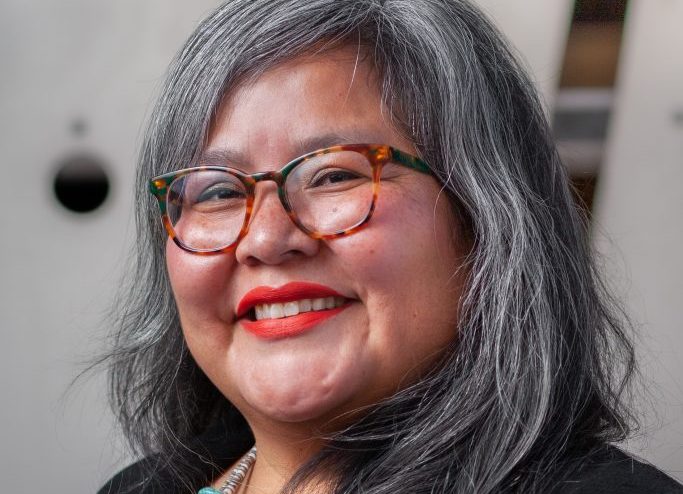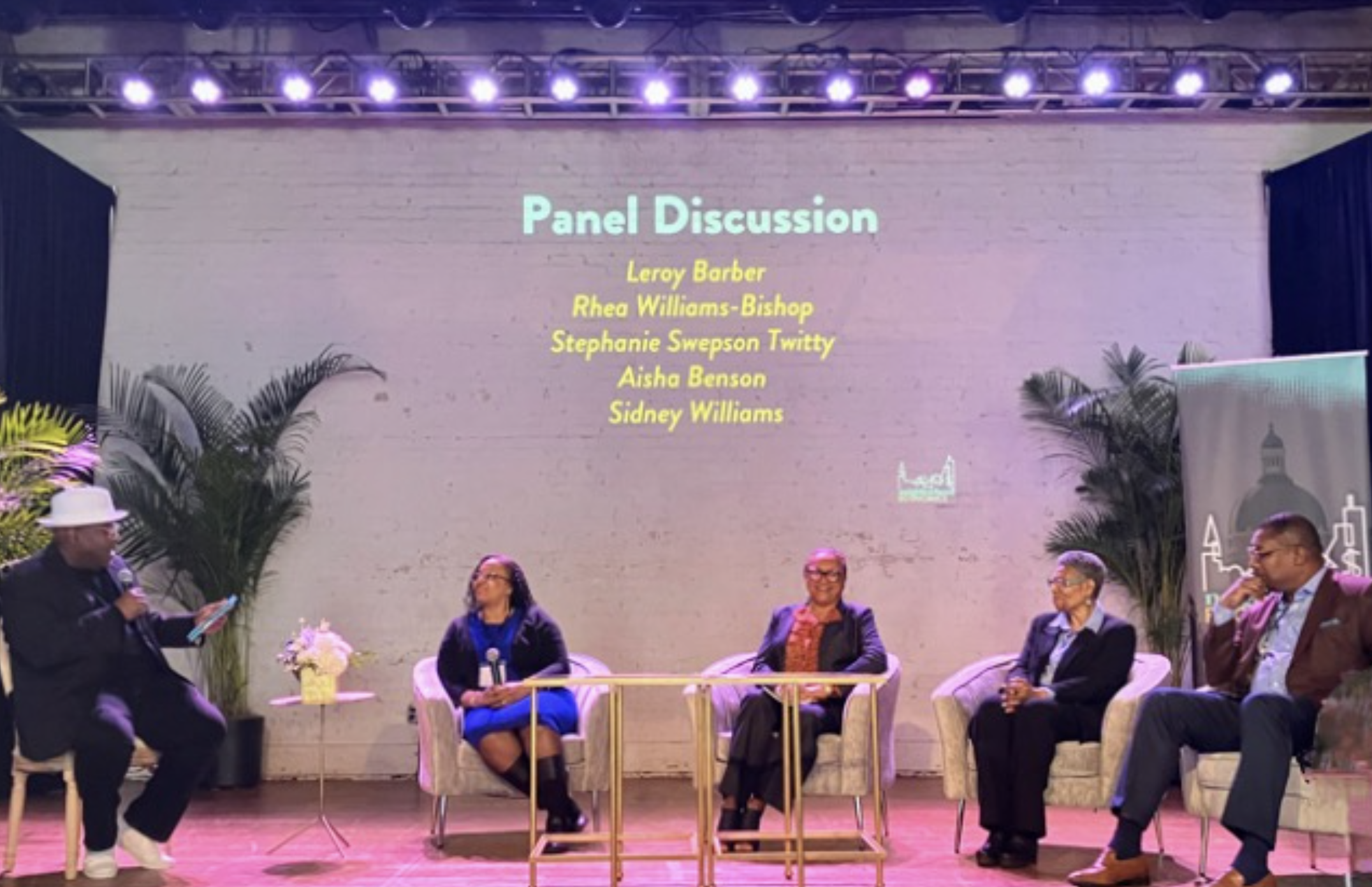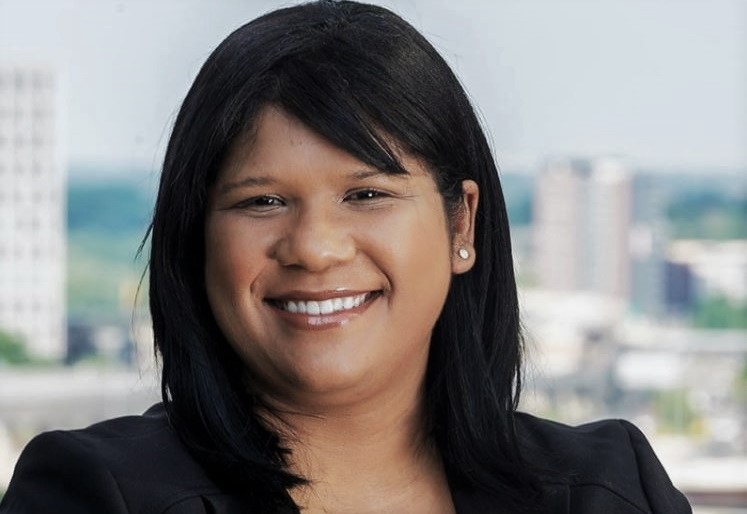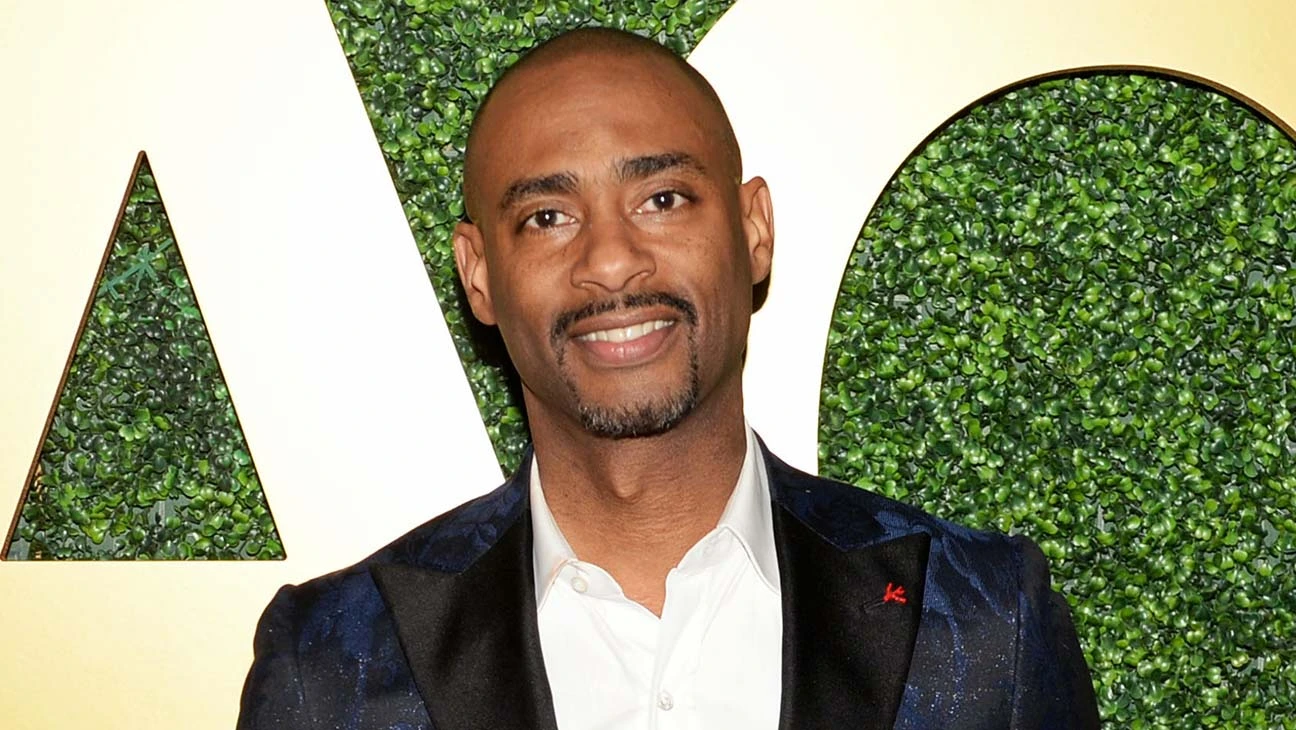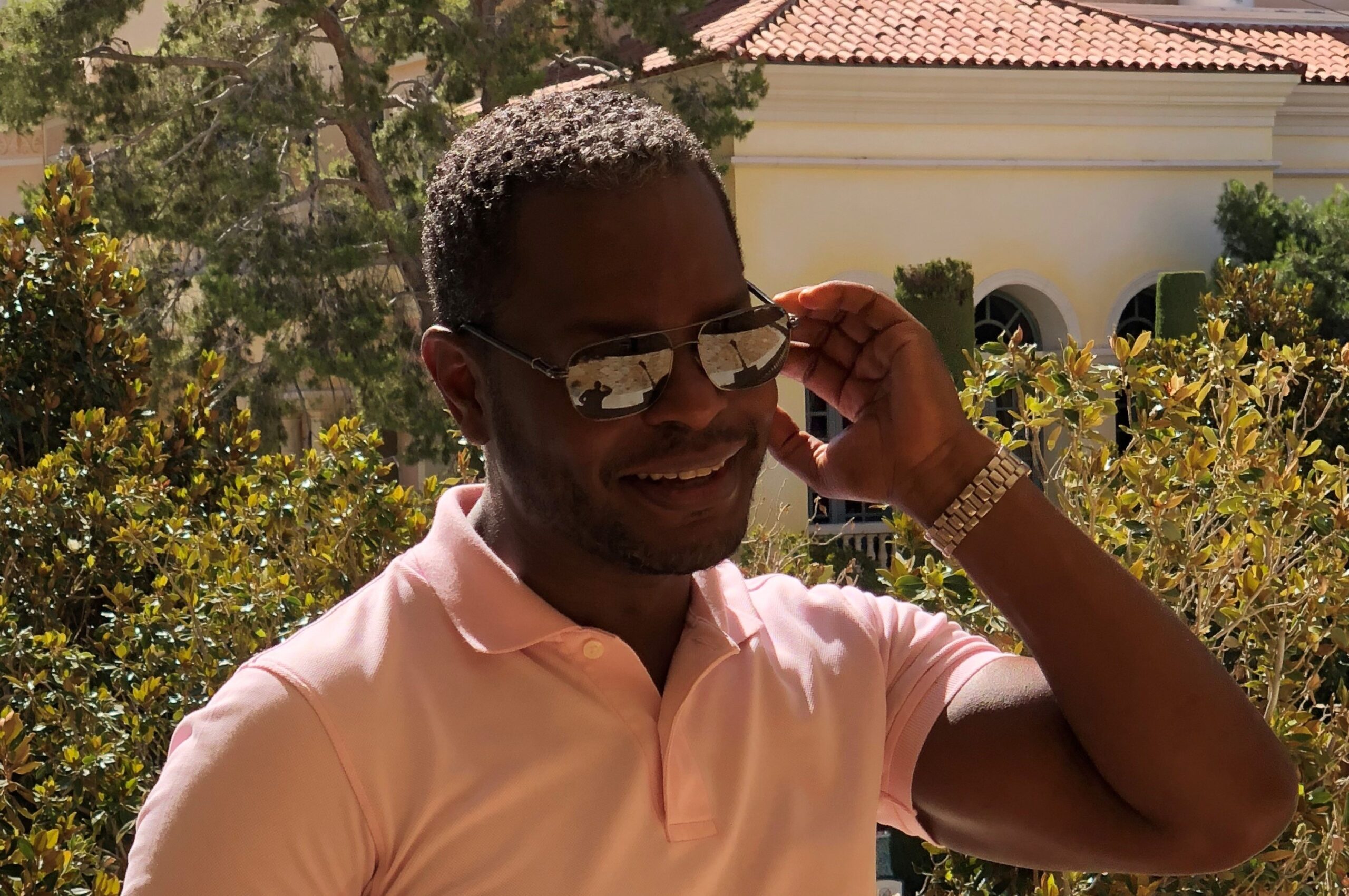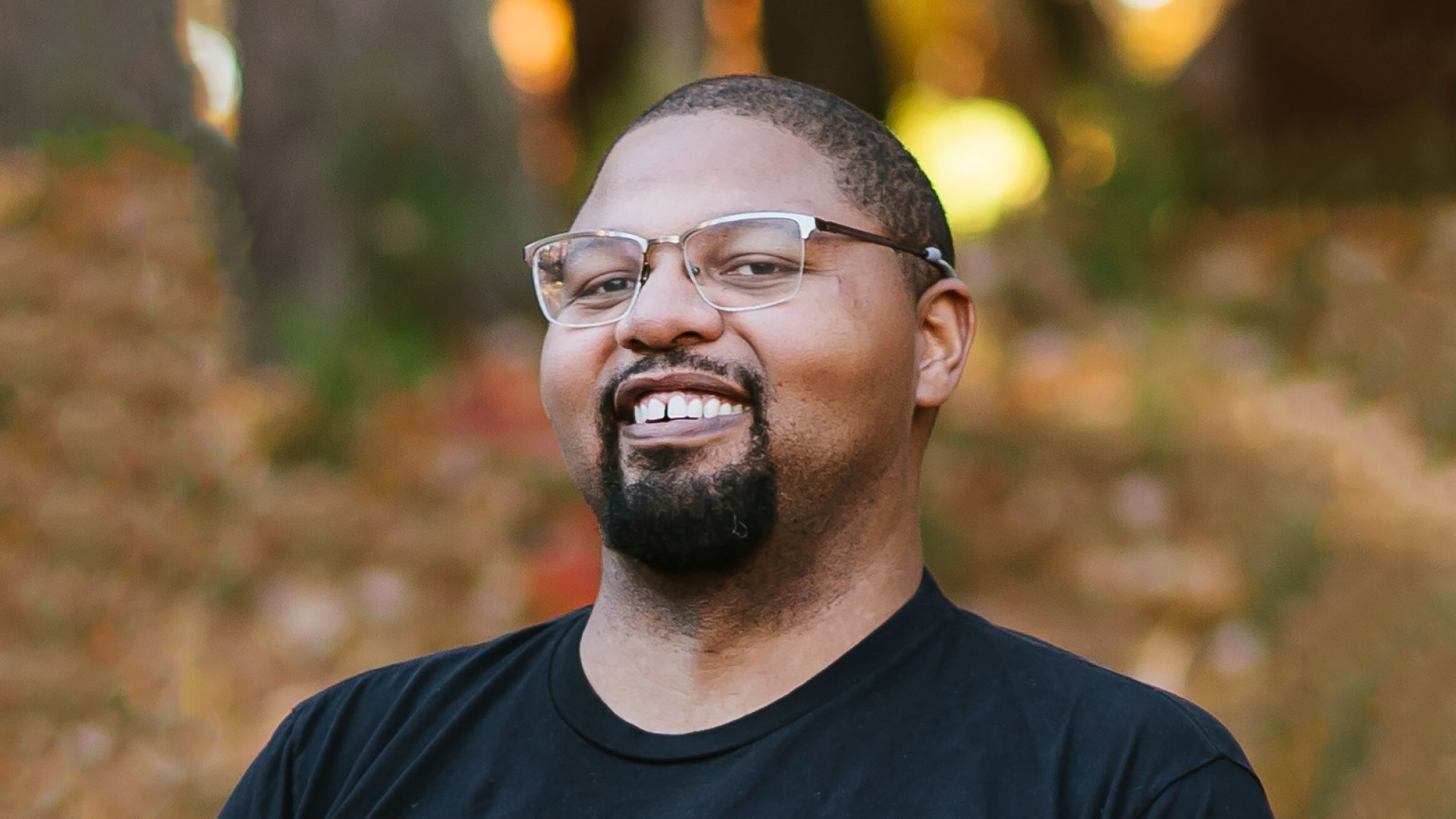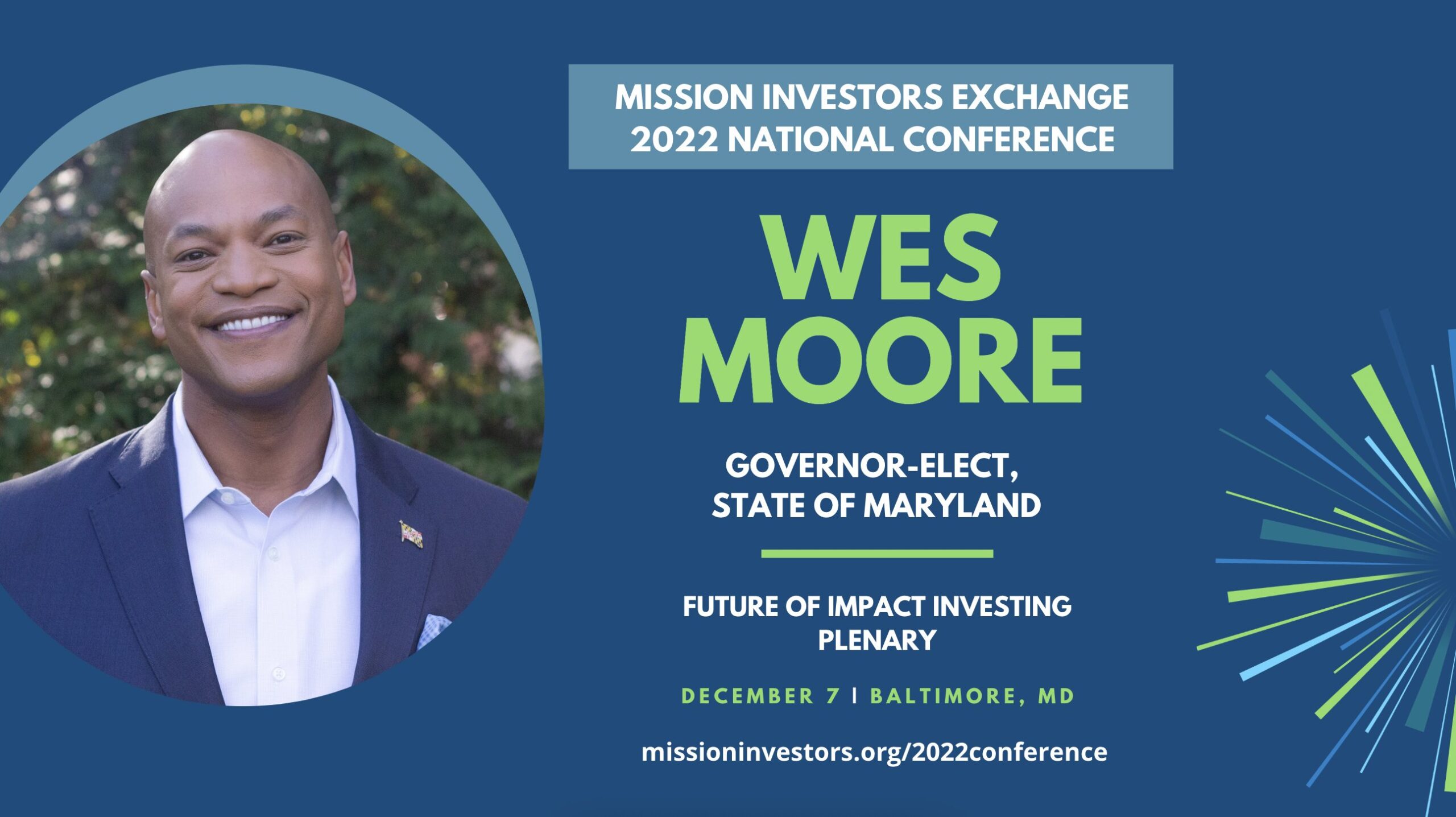ImpactAlpha October 18 – Current systems of credit are not working. Indigenous wisdom points to more promising approaches: deep local engagement and character-based lending.
“Just because you’re unbanked, or not banked at the moment, doesn’t mean you’re actually high risk. It just means the system hasn’t worked for you,” Vanessa Roanhorse, CEO of Roanhorse Consulting, co-founder of Native Women Lead, and board member of Native Community Capital, says on the latest episode of The Reconstruction podcast.
“What can we do to help you get access to some capital, to solve some immediate challenges?”
Roanhorse worked with Nusenda Credit Union to launch Co-op Capital in 2018 with a focus on Native, immigrant, and undocumented community members, who are at higher risk of predatory lending and are more likely to be unbanked.
Co-op provides small and micro loans of $500 to $10,000 and shifts decision-making to organizations with deep relationships in the regions that potential borrowers live. About 93% of Co-op’s borrowers self-identify as people of color, 53% as indigenous, 33% as immigrants, and 70% as women.
Co-op has set aside at least two of the the 5Cs of credit – capacity, capital, collateral, conditions and character – and doesn’t require collateral or automatically penalize people for lower credit scores. Instead, local community organizations in Co-op’s network determine who is ready to borrow, based on a deeper understanding of who borrowers are as people, not just standardized credit profiles. The standard criteria have excluded more than eight in 10 entrepreneurs from accessing credit to grow their businesses, says Roanhorse.
Drawing on proven practices of character-based lending, Roanhorse and partners predicted that borrowers would have a higher incentive to repay their loans. Co-op has lent over $1 million through 200 loans with a default rate of only 2.5%.
“If 83% of all entrepreneurs — not just Black and brown entrepreneurs, but 83% of all of us — are unable to access formal financing, what are we still doing using these 5Cs of credit?” asks Roanhorse. “Why are we still using these traditional systems of market value?”
Indigenous futurism
Through her consulting practice, Roanhorse works with social enterprises to co-design wealth-building and entrepreneurship strategies in communities that have been systemically excluded from traditional capital systems. At the heart of her thinking is a simple question: What is possible when we imagine beyond Western rules and norms and embody Indigenous ways of thinking?
“We are multi-dimensional thinkers,” she reflects. “We have our ancestors with us; we can be present. But we’re also future thinkers. And I don’t think this is unique to just American Indigenous people. This is a global phenomenon.
“What can we learn?” she asks Roanhorse, from the fact that 80% of Earth’s remaining biodiversity is on Indigenous lands. “In America, we’re finally starting to say, ‘Hmm, native Indigenous people actually knew how to manage forests, so there wouldn’t be forest fires, so that there would be a better caretaking of the land around them.’”
Character- or relationship based financing is not new, says Roanhorse, citing the origins of Grameen Bank in Bangladesh. “What is interesting, though, is that we’ve actually never properly tried that here in the United States. I think now we’re trying to look at it.”
Kiva, the crowdlending site, comes close. Through Kiva, borrowers receive up to $15,000 at 0% interest; investors can contribute as little as $25. As organizations like Kiva scale, however, the pressure to standardize credit assessments weakens relationships. The pressure to standardize products prioritizes efficiency over community.
“Even through Kiva, there’s still a lack of understanding and knowing who you’re investing in,” Roanhorse says. Any off-the-shelf design creates barriers by defining, ‘Here are the baseline minimums and how we’re going to risk your potential loan,’” says Roanhorse.
Circle of leadership
Business, says Roanhorse, is a way for women to not only reclaim their value, but to build economic stability in their communities.
“We have to bring women back into the circle,” says Roanhorse. “We have to bring Indigenous thinking back into the circle. And I think once we’re willing to do that, which is a whole lot of power shifting, we can actually start to think creatively and collectively about how we move.”
A collaboration between New Mexico Community Capital and Native Women Lead received $10 million as one of four winners of the Equality Can’t Wait Challenge, one of the few large awards dedicated to recognizing initiatives that are expanding women’s power and influence in the US. The awards are supported by Pivotal Ventures, MacKenzie Scott and Dan Jewett, and Charles and Lynn Schusterman Family Philanthropies.
This podcast is part of ImpactAlpha’s new podcast series, The Reconstruction. Find episodes of The Reconstruction podcast, and all of ImpactAlpha’s coverage of racial justice and inclusive prosperity, on The Reconstruction landing page.

